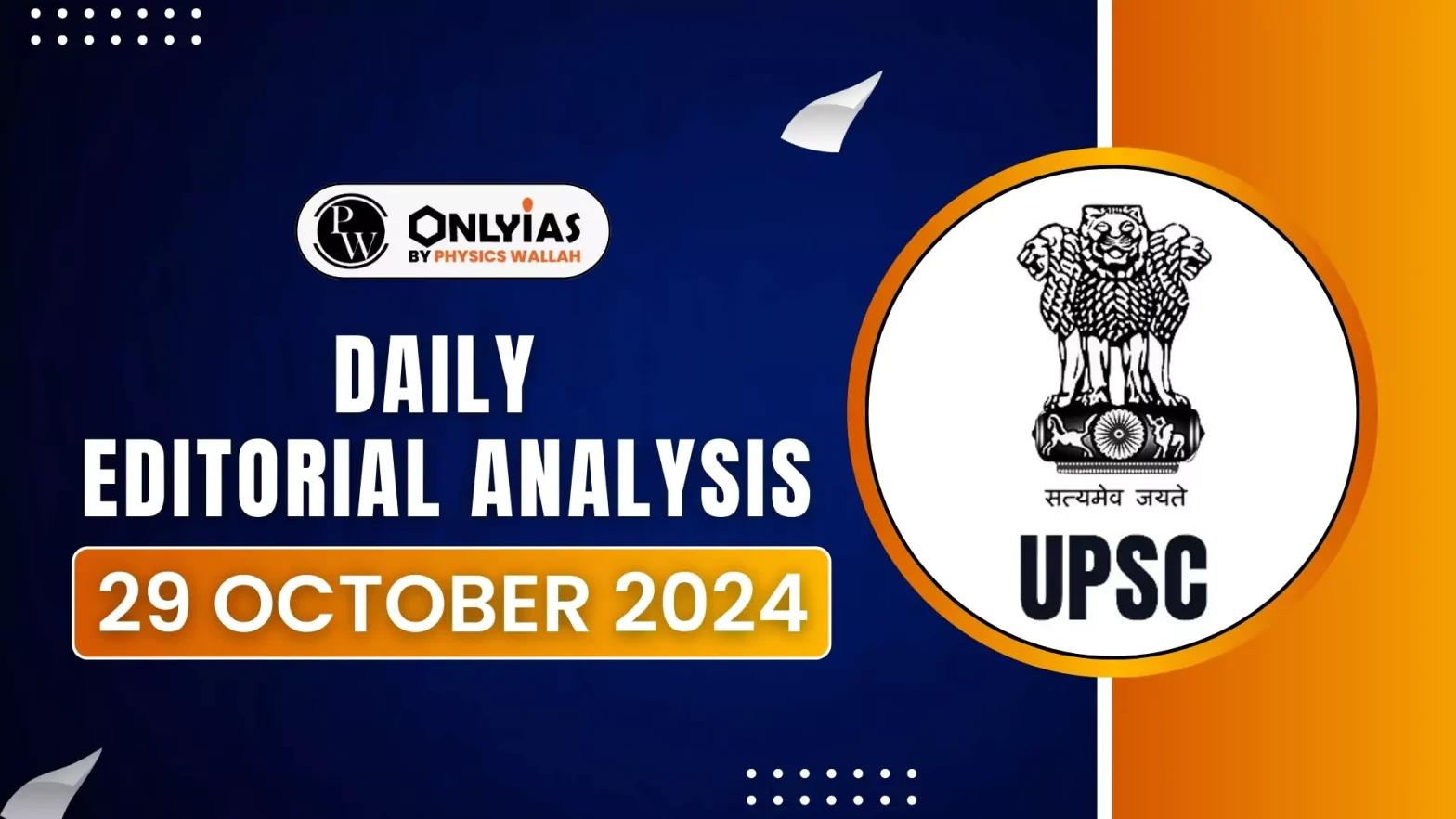The lack of women in the legal system has spurred initiatives to boost their representation as practising lawyers and judges at entry-level positions. While these measures are important, they may not be enough to ensure women’s promotion and retention within the judiciary.
Data on the under-representation of women in the judiciary
- Report on the State of the Judiciary (2023): The Supreme Court of India’s “State of the Judiciary” report reveals that women constitute 36.3% of the district judiciary, which is encouraging.
- Disparity in Higher Judiciary: While over 50% of candidates recruited for the civil judge (junior) division in 14 states are women, their representation diminishes significantly at higher levels.
- Low Representation in Supreme and High Courts: As of January 2024, women hold only 13.4% of High Court judgeships and 9.3% of Supreme Court judgeships.
- Uneven Representation Across States: Several High Courts, including those in Bihar, Chhattisgarh, Jharkhand, Manipur, Meghalaya, Odisha, Tripura, and Uttarakhand, have either no women judges or just one.
- Bar Council Representation: Data from the Department of Legal Affairs (2022) indicates that women make up only 15.31% of enrolled advocates, and they remain underrepresented as senior advocates, advocates-on-record, and Bar Council representatives.
Enroll now for UPSC Online Course
Consequences of Under-Representation
- Funneling Effect: The under-representation of women in the Bar makes it challenging for them to qualify as judges later on, as the requirement of 10 years of advocacy experience often goes unmet.
- This results in a diminished pool of candidates eligible for elevation within the judiciary.
- Challenges in Retention and Advancement: While women may have access to entry-level positions, their ability to retain these roles and progress to higher levels remains significantly hindered.
Issues faced by women on entering the system
- Unsupportive Environment: After entering the system, women encounter a discouraging environment that neglects their specific needs, hindering their career advancement.
- Transfer policies: Strict transfer policies, which lack flexibility and overlook women’s roles as primary caregivers, reduce the number of qualified female judges eligible for promotion to the High Court and Supreme Court.
- Inadequate Infrastructure: Daily interactions in courts are complicated by a lack of basic facilities, creating difficulties for women lawyers, judges, and staff.
- Insufficient Sanitation Facilities: A 2019 survey by the Vidhi Centre for Legal Policy revealed that nearly 100 district courts lack designated restrooms for women.
- Limited Family-Friendly Amenities: Most courts lack supportive facilities, such as feeding rooms and crèches. While the Delhi High Court has introduced a crèche for children under six, availability remains limited.
- Familial Responsibilities: Women, often viewed as primary caretakers, may need to pause their legal practice after childbirth, making it challenging to return to work.
|
Theory of Carole Pateman
|
- Ever-widening public-private divide: Carole Pateman in her theory points out that even though women are increasingly entering the public sphere traditionally occupied by men, the law is unable to cope with the former’s pace.
- Catering the needs of women: The public-private divide, according to Carole, is the main cause of the public sphere’s inability to accommodate women’s specific needs (safety provision, infrastructural needs) as they go from the private to the public sphere.
- In tier 3 cities even in 2024, we can’t expect the availability of basic needs of women.
|
Check Out UPSC Modules From PW Store
Way Forward
- Implementing a Female Gaze in Policy-Making: This feminist approach recognizes and prioritises women’s specific needs, helping to correct the unintended discriminatory impacts of existing policies and infrastructure.
- Infrastructure Development and Support: Judicial facilities must cater to women’s needs, ensuring access to dedicated washrooms and family-friendly amenities, such as feeding rooms and crèches.
- Gender-Sensitive Recruitment and Training: Implementing gender-sensitive recruitment and transfer policies, along with training on gender bias, can enhance the working environment for women in the judiciary.
- Creating Supportive Networks: Programs that foster connections among women judges and lawyers will create a more supportive and inclusive atmosphere.
Conclusion
Although the under-representation of women in the judiciary is part of a vicious cycle, a female-centric perspective is destined to bring about changes from the traditional system that is ongoing. When the environment becomes conducive for women to work, the issue our judiciary currently is facing regarding the retention of women too would be resolved.
![]() 29 Oct 2024
29 Oct 2024

